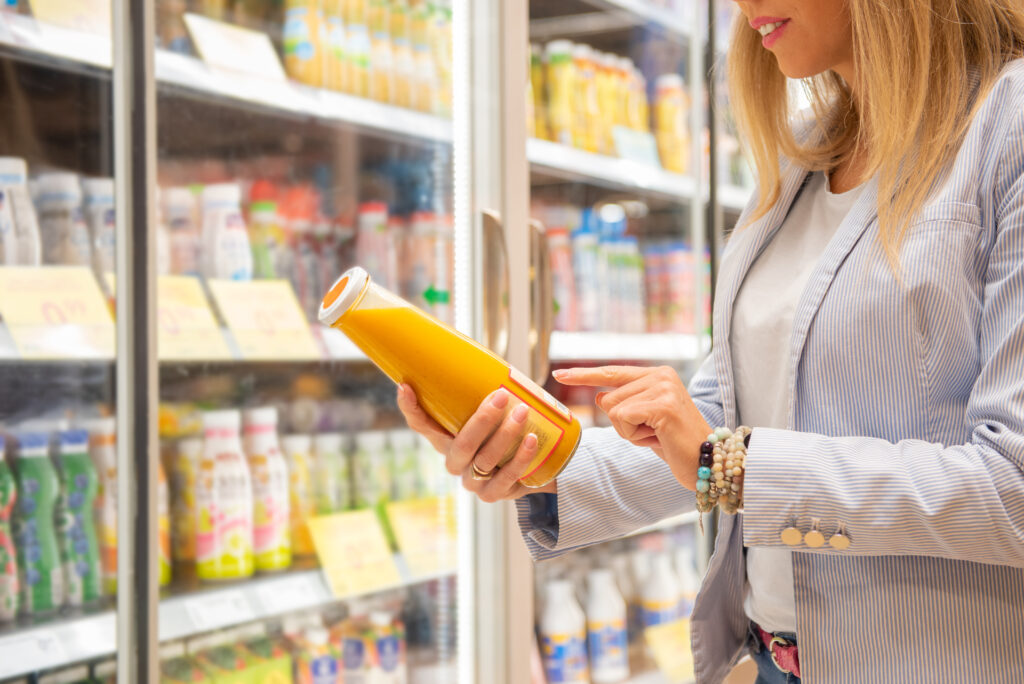A study presented earlier this year at the American Heart Association’s Epidemiology and Prevention Sessions suggests that consuming sugary beverages, including 8 ounces or more of 100 percent fruit juices daily, during childhood and adolescence may be linked to a higher risk of developing type 2 diabetes. Furthermore, the study of 455 children noted that the risk was significant in boys but not girls.
While these findings are preliminary, they support existing evidence linking the relationship between sugary beverages and increased risk of type 2 diabetes. It is generally known that eating whole fruit such as an apple is preferable to drinking the juice because of the fiber contained in whole fruit. Additionally, consumption of juice alone leads to fast absorption of sugars and creates a spike in insulin activity. A single six-ounce serving of 100 percent juice typically contains 15 to 30 grams of sugar and 60 to 120 calories.
While the study results in boys are strong, they do not provide causation between fruit juice consumption and the development of type 2 diabetes. Diet and cardiometabolic health are complex topics inclusive of many factors that may vary over time. Concerns related to sugar content of fruit juices have been known to the public, and global consumer demand for juice products continues to grow. In the future, manufacturers may face consumer preferences for reduced sugar and low-calorie fruit juices.
Source: https://doi.org/10.1161/circ.149.suppl_1.MP30
About the Author

Julie Holt is a subject matter expert in the areas of food and beverage, additives and regulatory strategy. Ms. Holt’s expertise includes the beverage industry, with current consulting support across multiple beverage categories.
Holt has more than 25+ years of regulatory experience in the food and food ingredients industries and managed her own advisory firm, Scientific & Regulatory Solutions LLC, prior to joining FoodChain ID. As a consultant, she supported several food and beverage clients including a Fortune 50 company. Holt has provided global regulatory knowledge covering more than 200 countries. Her consulting efforts have supported global regulatory needs, R&D projects, sustainability goals and innovation initiatives.











